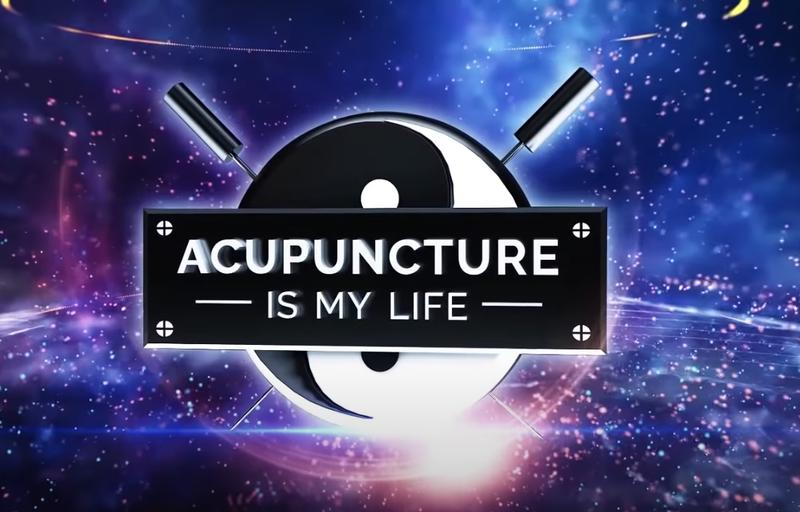Fatigue as a Coronavirus Symptom
Fatigue as a Coronavirus Symptom

Fatigue is one of the CDC’s 11 symptoms of the coronavirus. Now many individuals have or will have experienced the coronavirus as a short-term illness. During the period of infection, the body tends to feel fatigued as your immune system is busy combatting this virus. But something interesting is being noted once this virus passes. Individuals are complaining that the symptom of fatigue persists even after having tested negative for the virus. There’s evidence that’s emerging that a significant minority is struggling with fatigue long after their encounter with this virus.
Fatigue is defined as feeling overtired, with low energy and a strong desire to sleep which would interfere with normal daily activities, whereas in this case extreme tiredness as a result of illness. Concerning the coronavirus, studies have shown that fatigue is one of the top 3 common symptoms reported among confirmed cases, this symptom is among those of cough and fever. It is important to understand that there are different types of fatigue such as physical fatigue which can be a result of strenuous activity, or mental fatigue as a result of job-related work, a good example being working without breaks, and beyond the hours in which you were hired for. And then there’s emotional fatigue which occurs as a result of too much worry, which in Chinese medicine can obstruct the functions of the spleen. So, when thinking of COVID-19, keep an eye out for accompanying symptoms such as cough, fever, tightness of the chest, body aches, etc… whereas I would then recommend you contact your physician to be tested for COVID-19.
Now when it comes to traditional Chinese medicine, clinical manifestations of fatigue can be diagnosed as either: consumptive deficiency, painful obstruction syndrome, insomnia, and headache. Fatigue can be diagnosed under 5 basic patterns in Chinese medicine which are: Exterior pathogenic invasion with existing deficiency where there would be the fatigue of course, with fever and slight aversion to cold, sore throat, headache with body ache, and swollen lymph nodes…now notice how some of these symptoms mirror that of COVID-19? The individual’s tongue would also present with a thin coating and the pulse would be soft. In a case such as this, I would look to nourish the righteous qi, disperse wind and expel exterior pathogens. Another pattern of fatigue in Chinese medicine could be as a result of spleen deficiency with liver qi stagnation. Here an individual would present with fatigue, body aches, depression, insomnia, poor memory, poor appetite, and abdominal distention. There would be a pale tongue coating and a thready pulse. In this case, I would look to calm the liver, regulate the flow of qi, and strengthen the spleen.
When it comes to treating fatigue as an acupuncturist, I would do little in the way of recommending herbal formulas. I’m noticing that some of my COVID-19 patients who’ve come to me after so-called recovering from this virus but still feeling fatigued, I would administer acupuncture alone with great success. To this point, I’ve heard from all of the patients presently under my care for post-COVID-19 fatigue and they’re noticing great improvement in their energy levels and are sleeping much better. So along with seeing your physician, I recommend you also see your local acupuncturist if you’re experiencing symptoms of fatigue after having been infected with the coronavirus.
Until next time…Acupuncture Is My Life, what’s yours?
Be the first to post a message!